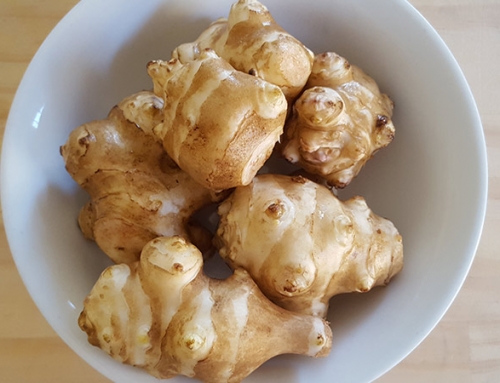Known by the scientific name Sardina pilchardus in Europe and Sardinops Sagax in Australia, the Sardina is a saltwater fish that is found in the waters of the Mediterranean Sea and the eastern Pacific Ocean.
Sardina is a small 20/25cm fish that is caught in the Mediterranean Sea, and, while the Australian sardine is slightly smaller at 15/20cm, both have a tapered body with sharp muzzle and jaws ending under the eye, with the lower one protruding slightly.
Sardina is a very nutritious blue fish, rich in Omega 3 fatty acids, a good source of niacin, vitamins D and B12, phosphorus, protein, calcium and selenium.
100g Fresh Sardina:
Calories 129Kcal
Protein 208
Fat 4.5
Cholestrol 84
Carbohydrates 1.5
Sodium 66
In the kitchen, you can prepare them in a multitude of ways, but high temperatures, such as those used for frying, are not recommended because they alter the Omega fatty acids.
The taste and the strong flavour of this type of fish make it perfect either as a single dish, or as a flavour added to other foods.
The Sarde a Beccafico, a typical Sicilian dish, is an example of how, in a very short time you can prepare a very nutritious appetizer. Check out our recipe .
If you want to know more about the Australian sardine, visit the Australian Government’s Australian Fisheries Management Authority.





